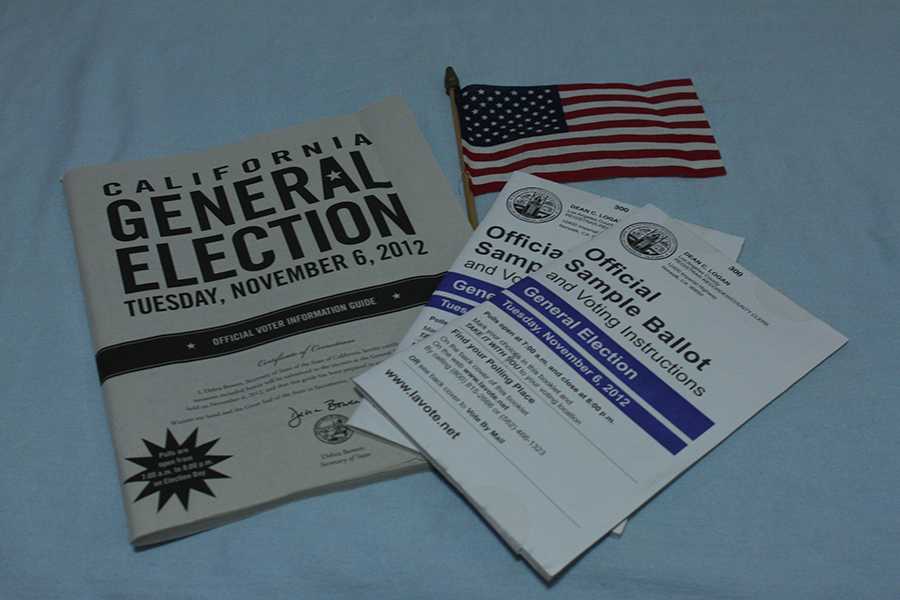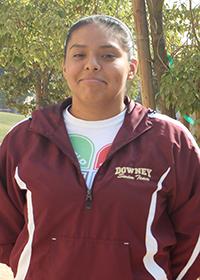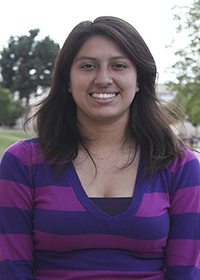Throughout the country, many young Americans ask themselves the same question, where is our country heading? With a presidential election on Nov. 6, 2012, there has been a series of debates between the incumbent President Barack Obama and Governor Mitt Romney, to answer many question on topics such as foreign and domestic policies along with the state of economy.
With almost four years of turmoil throughout the world–terrorism, Iran closer to a nuclear weapon, the war in the Middle East, and the economic problems at home –many Americans are restless in choosing the leader of the nation. With a series of primaries and caucus’s that begin on Jan. 3 in Iowa to the last on June 26 in Utah, it boiled down to two candidates: one democratic and one republican.
“I’m a junior, and it worries me that in two years I am going to college, and there’s talk about raising tuition,” said Lucia Rodriguez, 11. “The reason why I am interested in what both candidates have to say is because my future is in their hands.”
The topic of education is one that many middle class students care about. According to the NCES (National Center for Education Statistics) the cost of a private four –year institution was of $32,617 in 2011 in contrast with 10 years ago in 2000 when it was only about $21,856. It is important for students to be heard, because it is their future on the line.
But still, there are others that believe that even if they do not agree with many of the policies that either of the candidates wants to impose, they will make no difference.
“Yeah, I watch the debates, and I hear both candidates talk, but the funny thing is that neither seems to answer the questions” Anthony Arellano, 12, said. “Of course I feel bad for some of the policies, but I believe that I can do nothing about it.”
Like Arellano, students seem to feel indifferent on the subject of elections. They believe as though they do not have a voice on such a thing as the future leader of our nation.
Throughout the campaigning and debates, topics have raised controversy such as the universal health care, same-sex marriage, death penalty, affirmative action, legalization of marijuana, and abortion, these topics seem to split the nation in half due to questions of morality, religion and views on life.
“Since I was like 12, my mom would always tell me that killing a human life, even if it was still in the womb, was not correct,” Karen Gonzales, 9, said, “So when talking about abortion, I do not believe in it.”
Topics that are controversial, such as abortion, are what lure many Americans to participate in the election process. From the unemployment percentage, to the war in Iraq; the presidential elections are the ones with the most turnout as opposed to mid-term elections.
As the voting day gets closer, more and more Americans begin to educate themselves in many of the issues that will come up on the voting ballot. Although most teenagers are too young to vote, that does not stop them from showing their thoughts and stand on different topics of interest. After all, the American youth is the future of the nation, and they will be the ones dealing with subject matters like the deficit and debts that the United States has entered.





